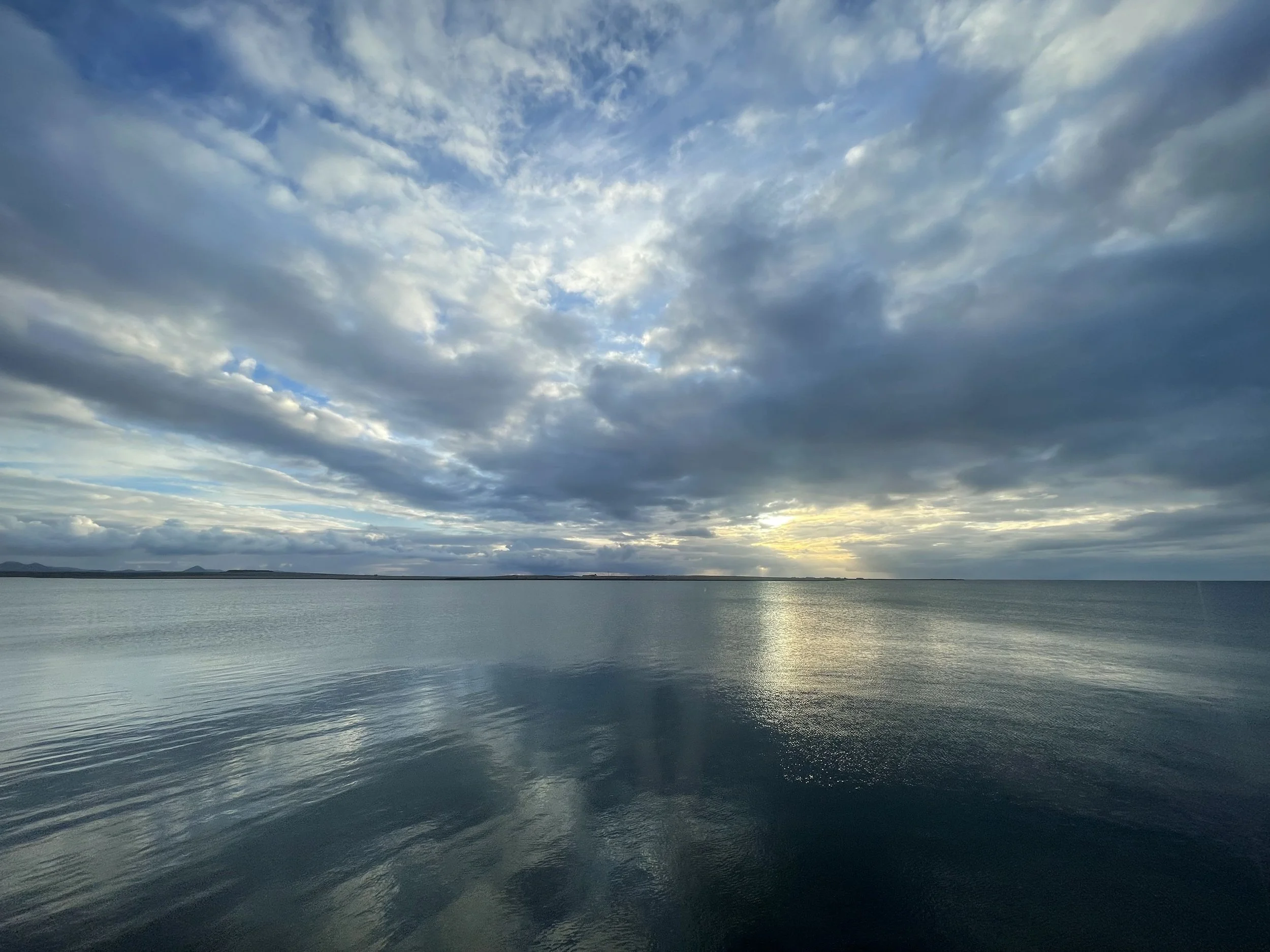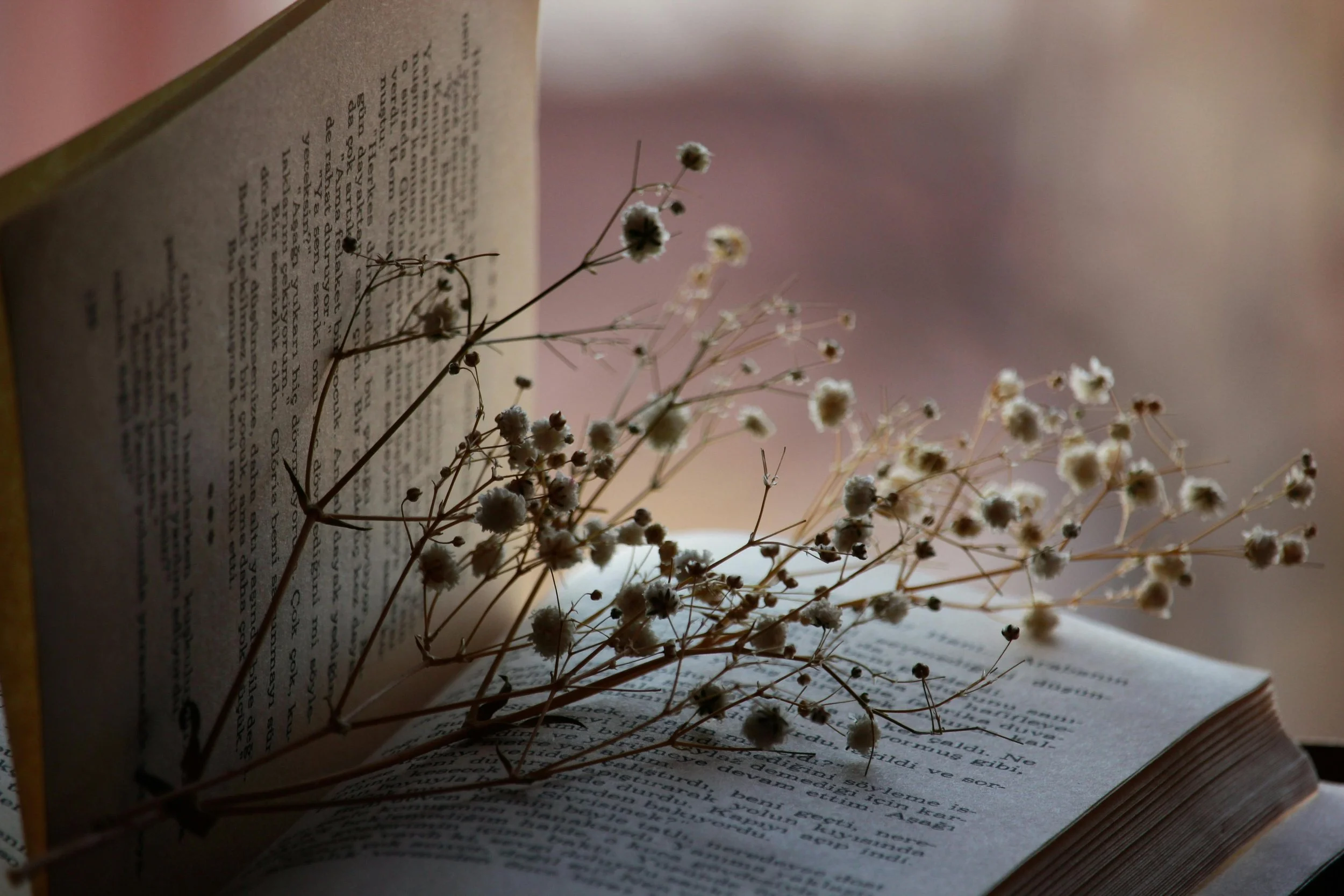Religious Freedom Fights Poverty and Counters Extremism
What We Need to Know about Religious Freedom: An Overview
Interfaith Skill-sets: Communicate, Connect, and Work Together
My Five Days at the Parliament of the World’s Religions
What Does Religious Freedom Really Mean?
What Losing Your Religious Freedom Actually Looks Like
Five Reasons that ‘Interfaith’ Is Not a Movement (Yet)
Apocalyptic Prophecy: Revelation & the Rapture – 2
Funding TIO’s Fifth Year
The Jewish Command to Pursue Justice is the Jewish Obligation to Act on Climate Change
Attending the Parliament of the World’s Religions for the First Time
Highway to Paris
How a Year with Trappist Monks Led Me to The Citizens’ Climate Lobby
To Be Your Khalifa
GIWA – The Global Interfaith WASH Alliance
Can Things Get Better for Us All?
by Paul Chaffee
Trying to understand the scope of the word ‘interfaith’ is a never-ending exercise these days. Religion itself, in a remarkable turn-around, is taking center stage in the mainline media day after day.






